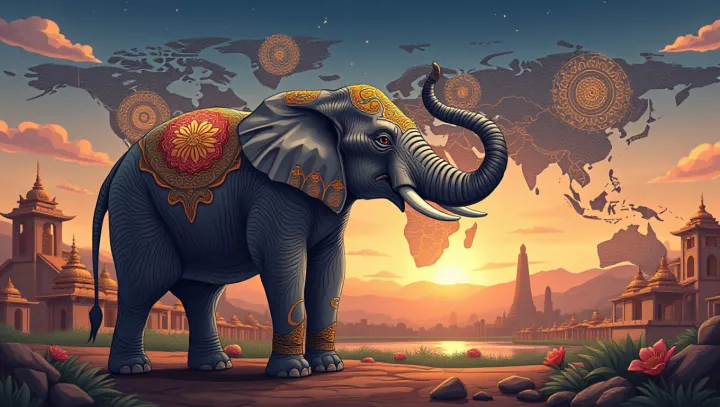The Elephant: Guardian of Cultural Symbolism

In numerous societies, elephants are more than mere wildlife; they embody deep symbolic value. The majestic creatures play significant roles in traditional rituals and societal beliefs spanning across continents. In India, the elephant is extolled as Ganesha, the deity of wisdom and new beginnings, revered during religious ceremonies and festivals.
Similarly, in Thailand, elephants symbolize strength and national pride, prominently featured in historical narratives and royal events. In African cultures, the elephant represents power, and its presence in folklore underscores themes of memory and communal harmony. This vision reflects in the reverence shown during wildlife conservation efforts, with elephants seen as a vital part of the ecosystem.
Expert anthropologist Dr. Sandra Williams notes, 'The elephant's enduring symbolism across cultures highlights our historical relationship with nature and the significance we place on preserving not just wildlife but our cultural heritage.'. As global awareness about wildlife conservation heightens, understanding the cultural significance of elephants can foster more profound conservation strategies that respect and integrate local traditions with ecological efforts.
